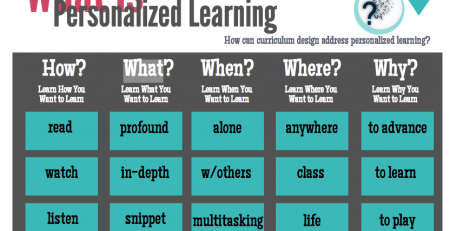Using Questions in the Classroom
 Posing questions in the classroom is a known practice to help encourage participation, increase active listening and expand on the subject matter. It’s a staple part of what we teach our Team Leaders at Nuts & Bolts to engage their students in planning their careers. Here are some best practices when planning the questions you use in the classroom.
Posing questions in the classroom is a known practice to help encourage participation, increase active listening and expand on the subject matter. It’s a staple part of what we teach our Team Leaders at Nuts & Bolts to engage their students in planning their careers. Here are some best practices when planning the questions you use in the classroom.
#1 – Avoid Leading Questions
Leading questions are those that contain the answer within the question, so it’s obvious to the student how to respond. One of the main objectives of using questions in the classroom is to get the students to think about the subject matter, so leading questions will quickly defeat the purpose.
#2 – Warm Up the Audience
Unless the question sums up the entire lesson, or the purpose is to open the floor for discussion on a single topic, aim to use several specific questions that you can ask in sequence as you move your way through the lesson. This helps to engage more students in the room and warms them up before you hit them with a more complex topic. Similar to how essay questions are best left at the end of an exam, the complex, open-ended questions are also best left for the end of class when everyone is already engaged in the discussion.
#3 – Ask for Expansion
If you do use a Yes/No question, be prepped with ‘Why?’ just afterward. For example, follow up by asking students to explain why they answered the way they did and/or to provide and example or facts to back up their answer. This is particularly useful in getting more reluctant students into the discussion as they will be more compelled to defend their position.
#4 – Use Questions Frequently
Using questioning throughout the class has been shown to positively increase the retention of facts. Time questions throughout the lesson so they are frequent enough to continue discussion, but not rapid fire or crammed into the end of the lesson.
#5 – Ask Questions Before Studying
Studies have shown that asking questions about a topic before the students have been assigned the reading or have had the chance to study the subject matter increases achievement on the subject. Engage the students with the core subjects you have planned with questions before they will have the answers on their flash bards.
The questions you ask should help them practice these skills, as well as communicate to them the facts, ideas, and ways of thinking that are important to their learning in your course. When reviewing your Nuts & Bolts curriculum guide, make sure to review questions and prepare your lesson accordingly. Any questions?









